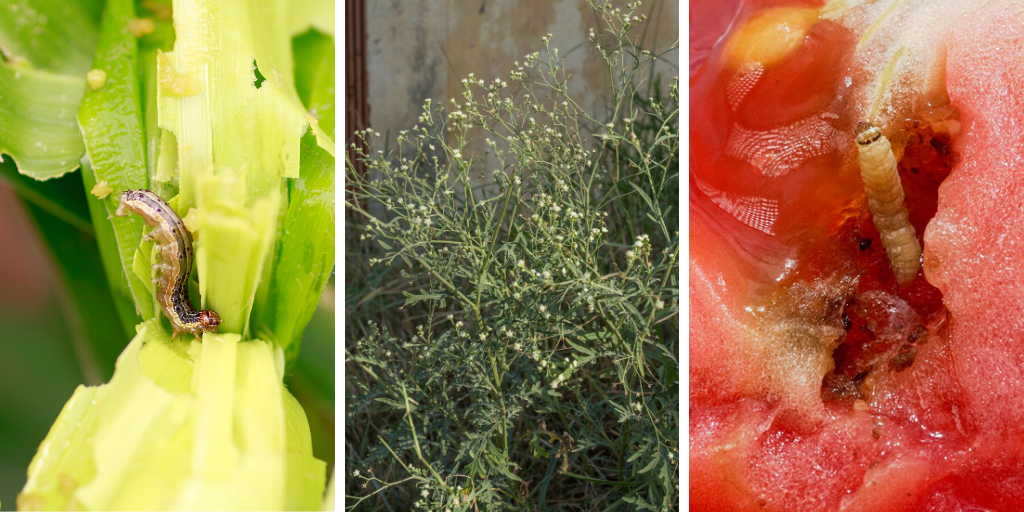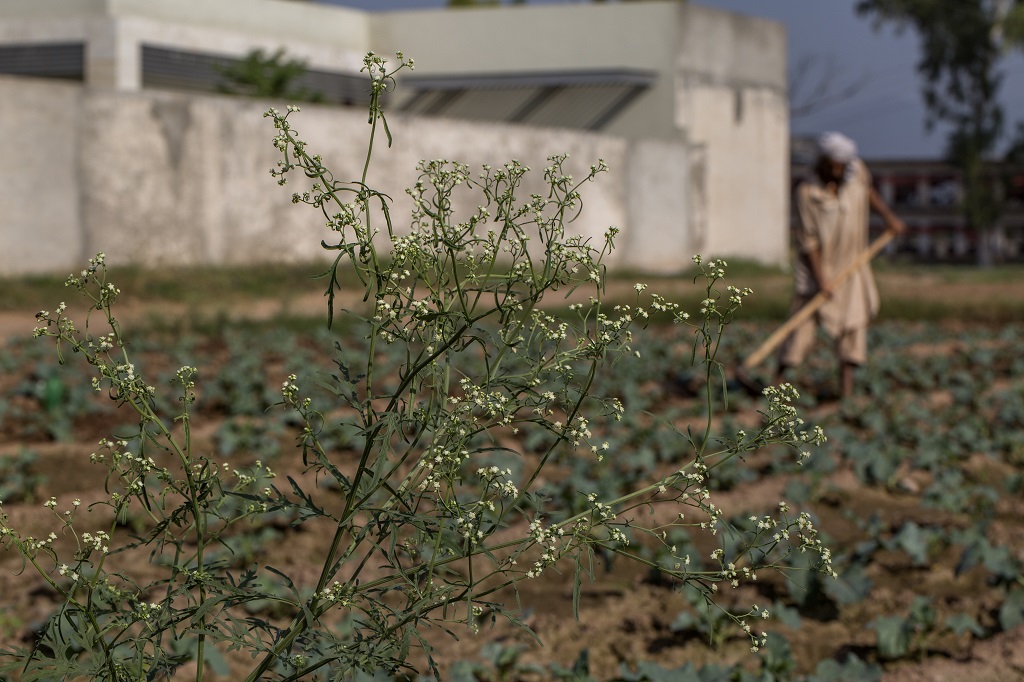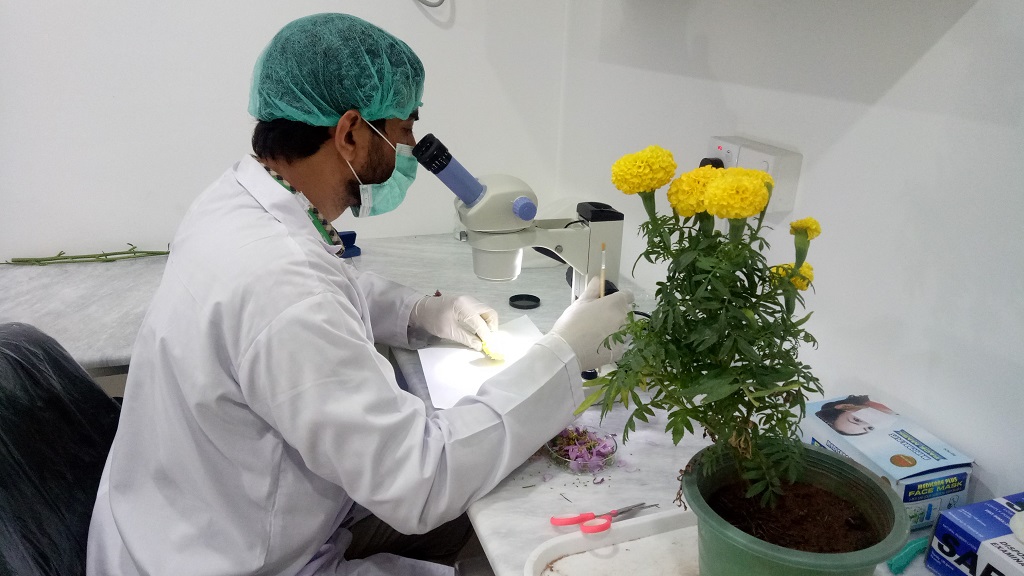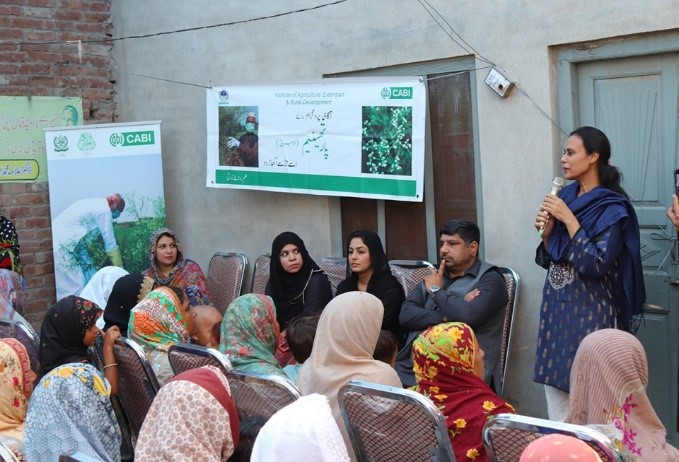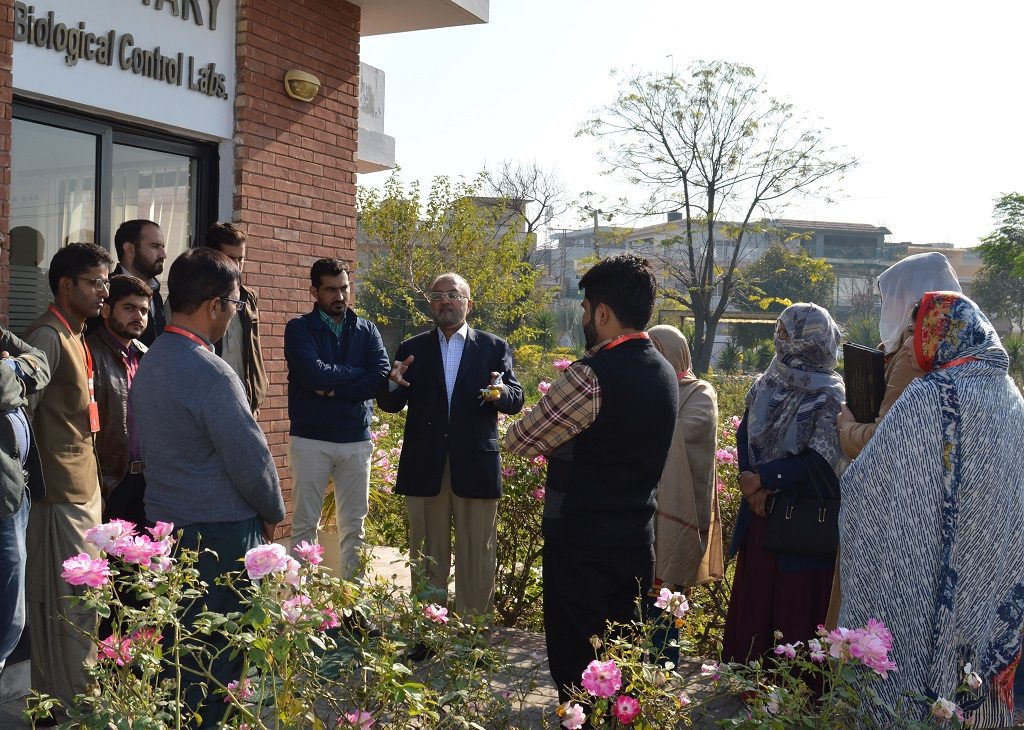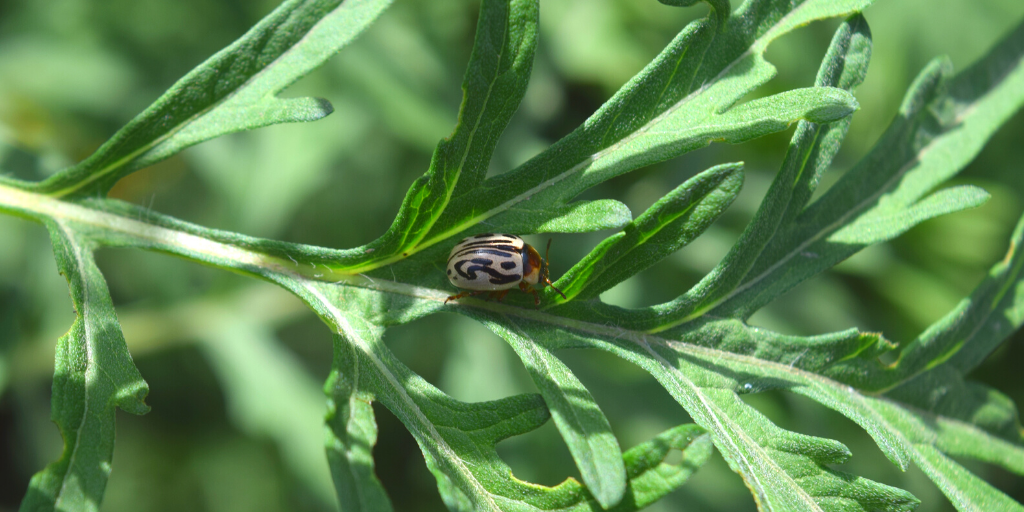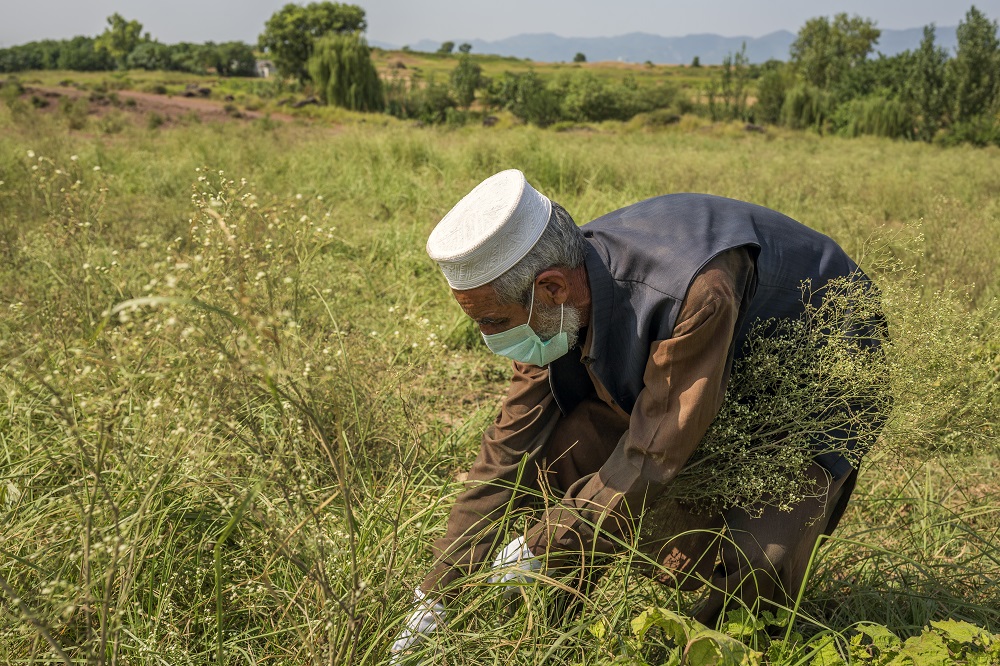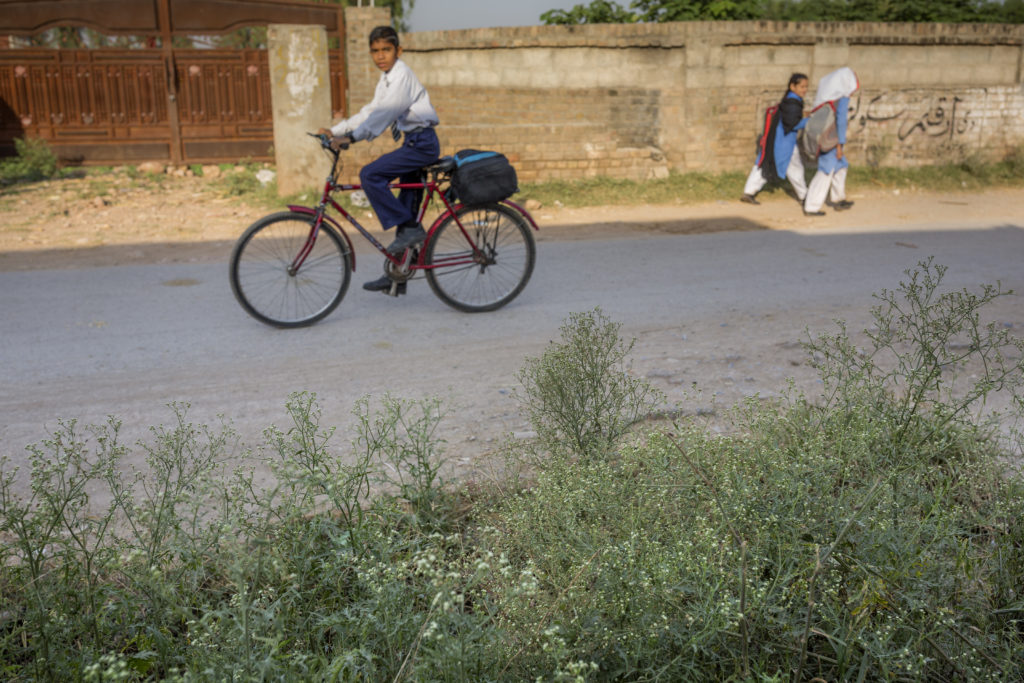Using online workshops to ensure the fight against invasive species continues in Pakistan
As the global COVID-19 pandemic continues, CABI is ensuring that efforts to combat invasive species are continuing. The CABI centre in Pakistan organized a one-day online workshop on the development of Pest Management Decision Guides (PMDGs) and Technical Briefs on the invasive pests: fall armyworm, parthenium weed, and Tuta absoluta.
Learning about the commercial aspects of biological control to combat pests and new invasive threats in Pakistan
Biological control is a key element of an integrated pest management strategy. Not only is it environmentally safe but it is also important for sustainable crop production. Among various biocontrol methods, increasing the presence of natural enemies is an effective substitute when they are not sufficiently abundant or effective.
Redistribution of Zygogramma bicolorata to control Parthenium in Faisalabad
Parthenium weed (Parthenium hysterophorus) is a serious problem in wastelands throughout Pakistan and so far, no single method alone has proven effective in its management. Among the various causes of its rapid spread in Pakistan, lack of natural enemies or presence of a natural enemy in a specific part of the country is perhaps the…
CABI shares expertise on highly noxious and invasive parthenium weed at international conference on climate smart agriculture
By Dr Kazam Ali, Biocontrol Research Officer – CABI Central and West Asia (CWA) International conferences are priceless opportunities, not only for researchers and scientists but also for experts, policy makers, stakeholders and students, to ‘sharpen your saw’ by learning new skills in a different environment.
CABI partners with local universities to engage youth on parthenium weed in Pakistan
CABI recently organized a two-day training and planning workshop for its university partners on “Awareness and Management of Parthenium” in Islamabad. The workshop was attended by key stakeholders and post-graduate students of partner universities such as the University of Agriculture, Faisalabad, PMAS-Arid Agriculture University, Rawalpindi and University of Sargodha.
Training of Trainers on awareness and management of Parthenium in Pakistan
As one of its key priorities, CABI under the Action on Invasives programme aims to raise awareness about the threat of invasive species with the relevant government departments in Pakistan. In particular to address the issue of the highly invasive Parthenium weed. Through public awareness campaigns and sharing invasive management advice for better control practices,…
- « Previous
- 1
- 2
- 3
- 4
- Next »

